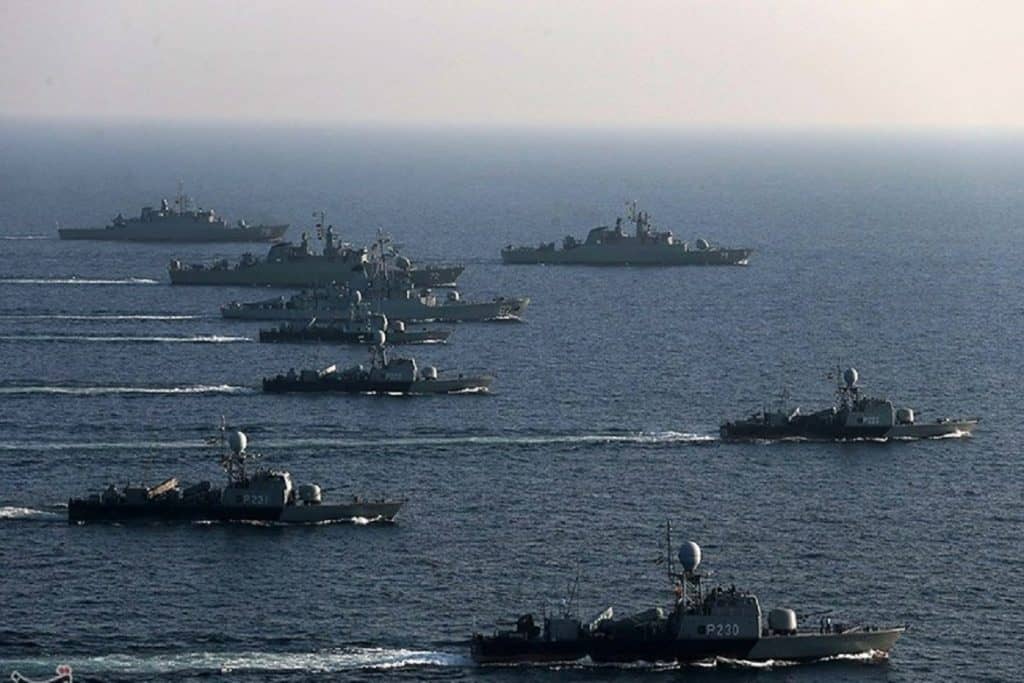By Denis Korkodinov
Despite the fact that Washington, Tehran and Riyadh have publicly declared the inadmissibility of a military conflict, tensions in the Persian Gulf and the Middle East remain extremely serious due to the irreconcilable positions of the participants in the confrontation.
Therefore it is highly doubtful that Iran can surrender under the onslaught of international pressure, taking in account the struggle of the Persian nation after the 1979 Islamic revolution.
The foreign policy of the White House, since the Barack Obama administration, has been focused mainly on the interests of the Arab states and Israel. Washington encouraged the Arab Spring scenario to those countries that could pose a threat to Tel Aviv or the Arab monarchies. Thereby, the USA lost the opportunity to create in the region any reliable constructions of states that could ensure regional security.
Washington’s claims, expressed in an effort to encourage Tehran to be a “normal state,” indicate its intention to force the ayatollah regime to abandon its support for the regime of Bashar al-Assad, as well as for the Hezbollah movement, Hamas and the Hussites.
Among other things, the United States hopes to limit the influence of the Islamic Revolutionary Guard Corps in the region and to block Iran’s attempts to develop its own nuclear program. Nevertheless, it is unlikely that Tehran will take American claims into account, and therefore the pressure on it from US will increase, despite assurances to the contrary from the international community.
For a number of Arab monarchies, it is extremely important to maintain control over the sea lanes in the Gulf of Oman, the Strait of Hormuz and off the coast of Aden. Thus, more than 80 percent of Riyadh’s foreign trade is through Aden and the Strait of Hormuz. In this regard, any military provocations in the area can cause economic and energy collapse of a global scale. Therefore, it may be the main cause of an increasing pressure on Iran.
The ayatollahs regime would probably soften its militaristic rhetoric against the United States, Israel, and Saudi Arabia in the event that all restrictions on foreign economic activity were completely lifted, as well as the nuclear transaction was preserved. However, Washington is unlikely to agree with this. Therefore, the conflict between the countries for a long time will continue to remain relevant.
(The opinions expressed in this article are solely those of the author and do not necessarily reflect the views of World Geostrategic Insights).
Image Credit: Tasnim News Agency







